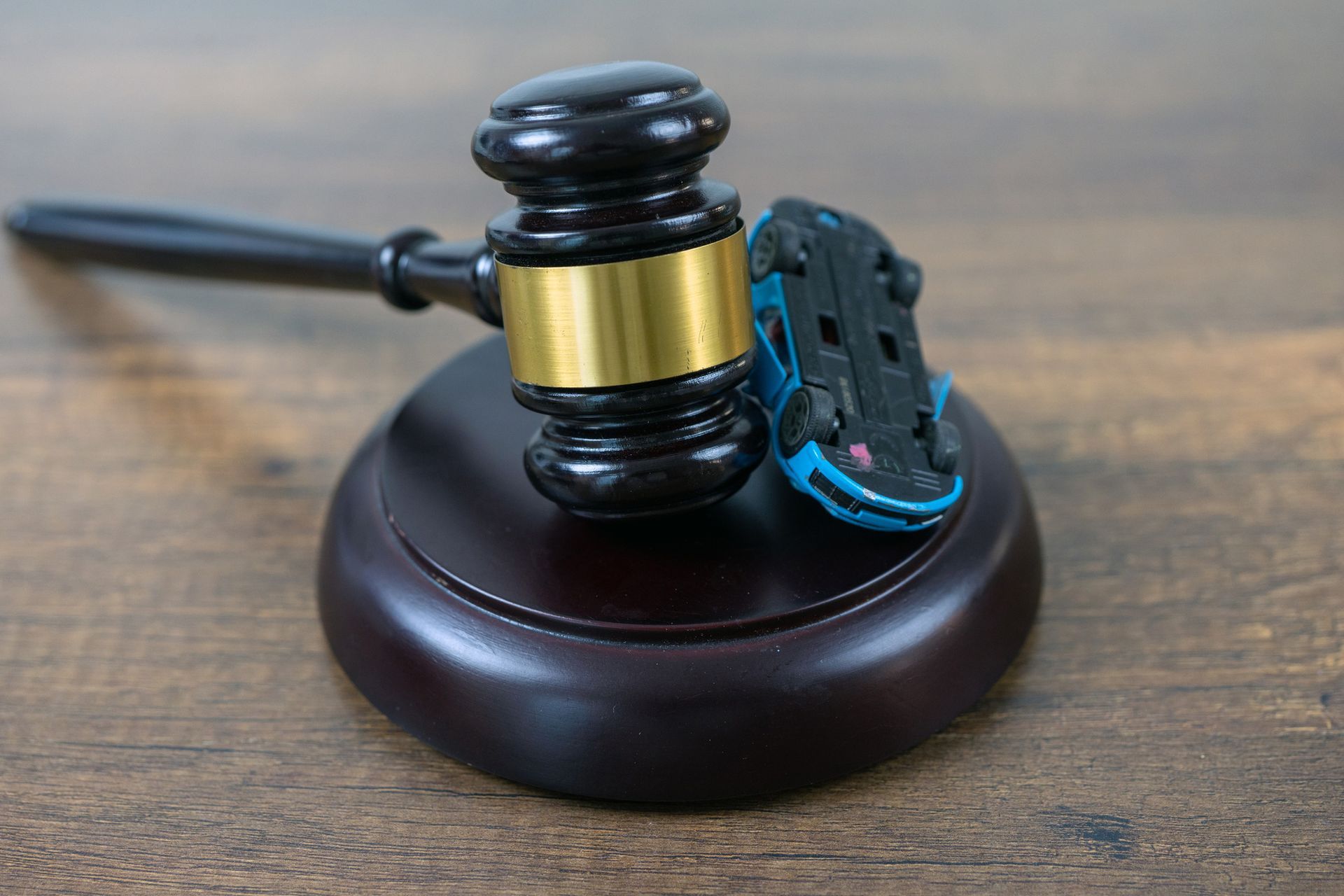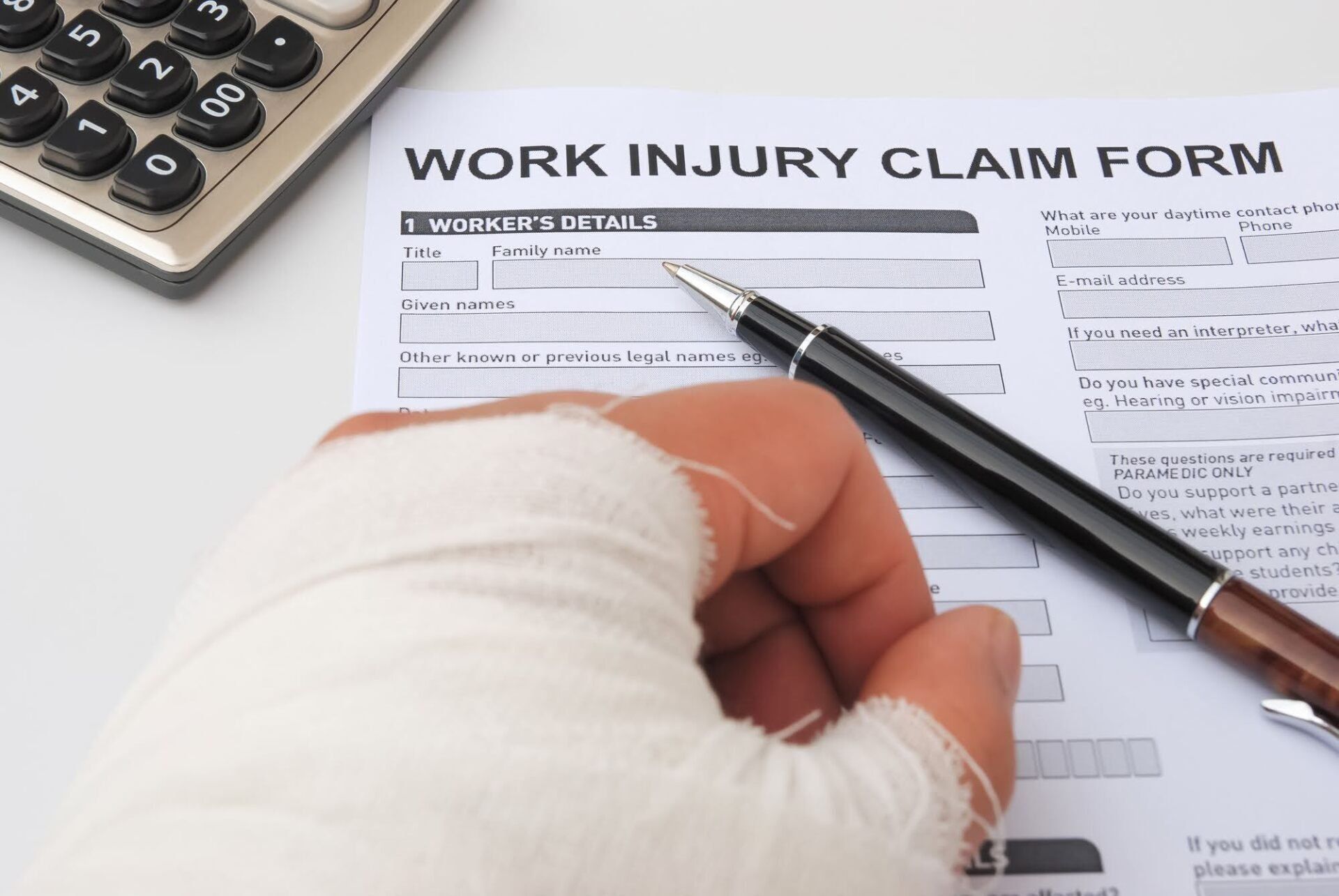What to Know About Workers' Comp and Personal Injury Cases

When you are injured in a work-related accident, you have a right to the compensation you need and deserve. Sometimes, you are able to get what you need solely through a workers’ compensation claim. However, some accidents and some injuries require more. In some cases, a personal injury claim may help you get the help you really need.
But personal injury cases and workers’ compensation cases are challenging when involved together. What do you need to know about how they work — and can't work — together? How do they serve separate but important purposes? And what is the right path for your claim? Read on to discover some answers to four key questions.
1. Why Is Workers’ Compensation Limited?
Workers' compensation insurance was designed to provide a benefit to both employees and employers. For employees, it offers a way to receive financial compensation for injuries and losses without having to go to the extra time, money, and effort of suing the employer in a court of law.
Employers also receive a benefit. The covered employee generally cannot sue the employer for additional compensation after a workers’ comp claim is completed. This compromise means that neither side gets 100% of the benefits from workers’ compensation. Unlike traditional personal injury that aims to address the situation as a whole, workers’ compensation seeks to pay only for treatment, recovery, and loss of wages.
2. Can You Sue Because of a Workplace Accident?
If you make a workers’ compensation claim, do you forfeit the right to sue for injury? Employees usually must seek financial and workplace protection through their employer's workers’ compensation insurance. This generally prohibits them from suing their employer for more.
There are a couple of exceptions to this rule, though. If your accident or injury was caused by intentional acts on the employer's part, you may be able to sue them for personal injury. Intentional acts, such as purposely disabling safety features or assaulting the employee, must be above and beyond simple negligence.
What if the accident was not intentional? You may still have recourse because lawsuit protection does not extend to other responsible parties. For instance, if you were hit by a car while driving a company vehicle, your injuries and medical treatment are likely covered by workers’ compensation. But you may still opt to sue the driver of the other vehicle or their liability insurance carrier for additional damages.
3. Can a Workers’ Compensation Attorney Help?
Because of its inherent limitations, you may struggle to get the most from a workers’ compensation claim. But workers’ compensation is important since you may get very little money over and above medical care and recovery costs. And of course, you will face a team of well-paid, experienced attorneys for the insurance carrier. Their goal, ultimately, is to protect the interests of the carrier — not the employee.
Do not underestimate the complexity of the workers’ compensation process itself. You will encounter many forms, deadlines, requests for information, privacy waivers, and attempts to negotiate. Missteps in any of these areas can damage the strength of your claim, reduce legal protection, delay your claim, and even cause it to be canceled.
The best results will always come from working with a workers’ compensation attorney from the beginning. If you have to sue your employer or another party later, the attorney will already have been preparing the ground for a strong injury case.
4. Can You Double-Dip on Payments?
If you do win a personal injury case and receive a large cash settlement or damages, how does this affect your workers’ compensation claim? While these two cases are separate entities, they are also inextricably tied together. This means that the workers’ compensation insurer may receive reimbursement from the personal injury damages.
How might this work? Consider an employee who sues the landlord of their employer's leased property for damages of $200,000. They can sue for the full amount regardless of the $50,000 paid out by the workers’ compensation insurance company. This helps prevent responsible parties from benefiting from the insurance coverage of others and lowering their financial liability.
However, if the employee does win the $200,000, the court may order $50,000 of it given to reimburse the workers’ compensation carrier for their expenses. You need to understand how this may affect the amount you walk away with, especially if negotiating a settlement.
Where Can You Learn More?
Most personal injury cases are complicated, but this is doubly so when it also overlaps with a workers’ compensation claim. Ensure the best outcome — financially, physically, medically, and emotionally — by meeting with an attorney in your state. David A. Helfand, P.A. can help. For more than 25 years, our team has assisted injured Florida employees with all their legal needs. Call today to see how we can help you.
CONTACT US
We will get back to you as soon as possible
Please try again later
CONTACT US
We will get back to you as soon as possible
Please try again later
Office Hours:
- Mon - Fri
- -
- Sat - Sun
- Closed










